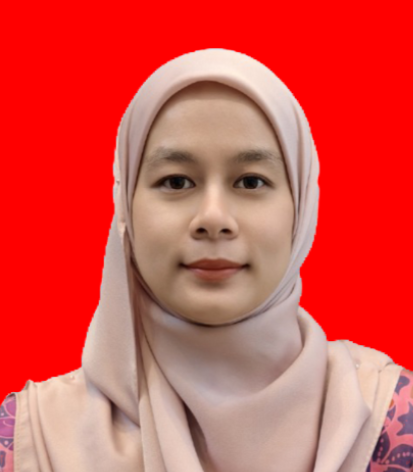About this Course
Course Description
This course will emphasize solving simple to more complex problems using a programming language that supports Object-Oriented programming. The main concepts of Object-Oriented programming are discussed. The principles and techniques taught will include objects and classes, abstraction, encapsulation, inheritance, and polymorphism. Students will also be taught on how to model the solution using UML design prior to the development process.
Course Learning Outcomes
1 ) Demonstrate a simple program individually using OOP features based on the information gained
2 ) Apply the main characteristics of OOP concept to professionally relate solutions to the real world problems
3 ) Identify OOP application model as proposed solutions based on the given tasks using UML
4 ) Develop the application of OOP features on the given topics which perform in a teamwork
Course Details



STATUS : Open DURATION : FLEXIBLE EFFORT : 5 hours per week MODE : 100% Online COURSE LEVEL : Beginner LANGUAGE : English CLUSTER : Science & Technology ( ST )













